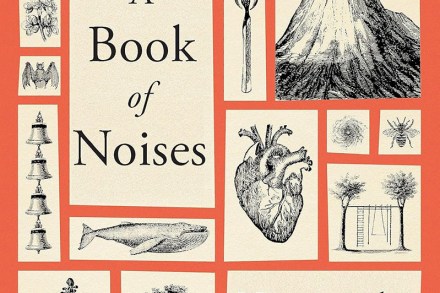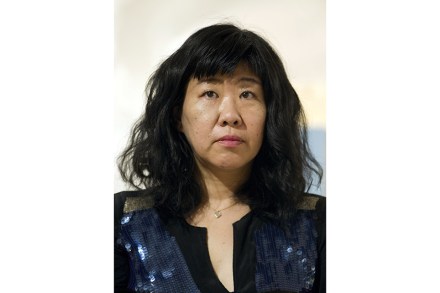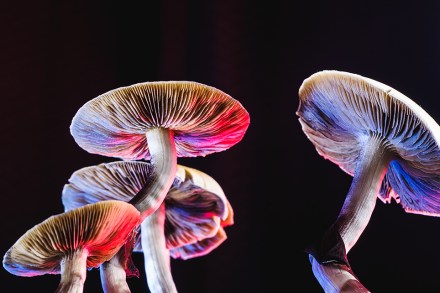Bill Stirling – the brains behind the wartime SAS
‘The boy Stirling is quite mad, quite, quite mad. However, in a war there is often a place for mad people.’ Field Marshal Bernard Montgomery was referring to David Stirling, the man largely credited with raising the Special Air Service (SAS) in the summer of 1941. Myth has always surrounded the formation of the SAS and one of the most abiding legends is that it was down to one man alone, David Stirling, whose L Detachment of six officers and 60 men grew into 1SAS. Gavin Mortimer’s vivid and meticulously researched book, 2SAS, does a good deal to redress the balance. It acknowledges the importance – too long overlooked –




















